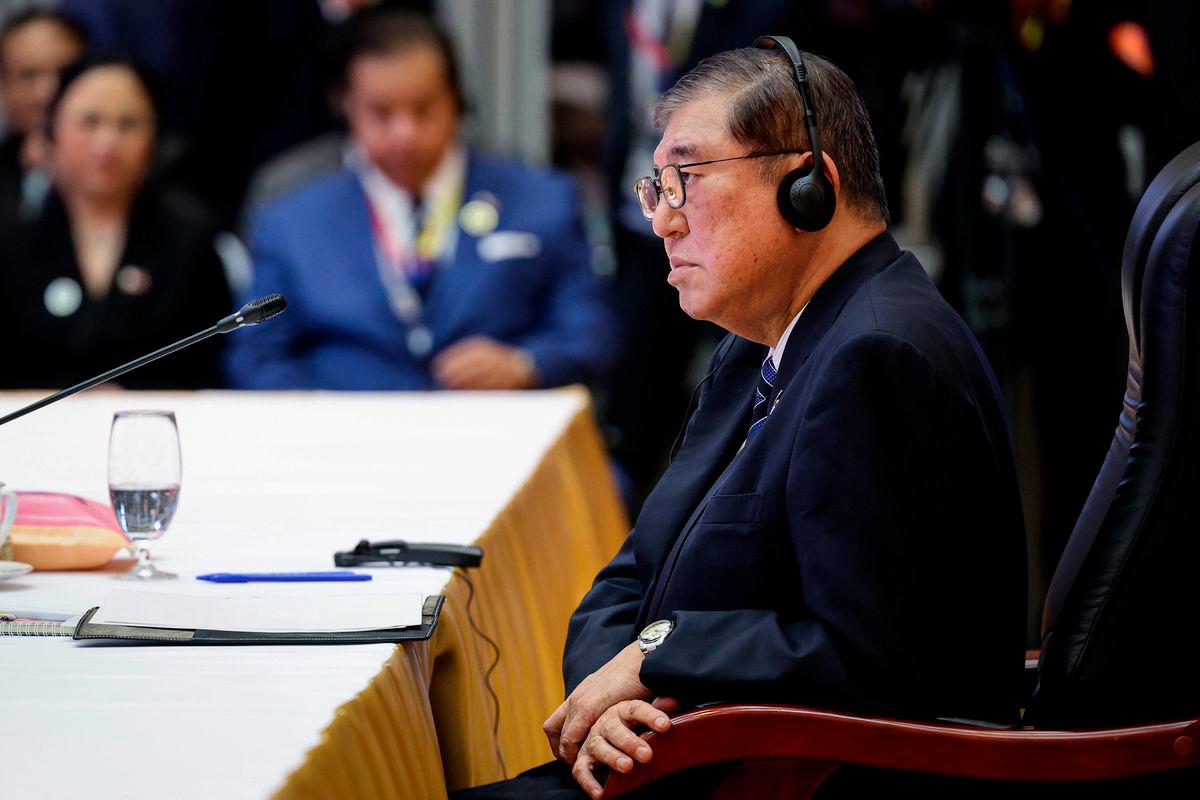TOKYO: Shigeru Ishiba, Japan’s prime minister, faces a critical political test as upper house elections this weekend could determine his future. Known for his policy focus and hobbies like model-making, Ishiba’s leadership is under scrutiny amid declining public support.
Opinion polls indicate his Liberal Democratic Party (LDP) coalition may lose its majority in Sunday’s vote, a potential blow that could force his resignation. The LDP has dominated Japanese politics since 1955, but Ishiba’s tenure has been marked by challenges, including economic struggles and diplomatic tensions.
“I wonder who else wants the job,“ said Masahisa Endo, a politics professor at Waseda University. Ishiba, 68, a defence policy enthusiast and member of Japan’s Christian minority, became the LDP’s 10th prime minister since 2000 after five leadership bids.
His promises to revitalise rural areas and tackle Japan’s shrinking population have been overshadowed by policy setbacks. A failed snap election in October weakened his coalition, forcing reliance on opposition support for legislation.
Economic analyst Stefan Angrick noted Ishiba’s “flip-flopped” policies on inflation and growth, calling financial support measures “belated and half-hearted.” Public dissatisfaction has grown over rising prices, particularly rice, now twice as expensive as last year.
Ishiba’s leadership style has also drawn criticism. His cabinet includes only two women, down from five under predecessor Fumio Kishida. Social media has mocked his occasional clumsiness, from messy formal attire to awkward eating habits.
Diplomatic challenges include stalled trade talks with the US, where President Donald Trump has imposed tariffs on Japanese goods. Despite multiple envoy visits, no deal has been reached, unlike under former PM Shinzo Abe, who avoided tariffs during Trump’s first term.
With elections approaching, Ishiba’s political survival hangs in the balance. - AFP









